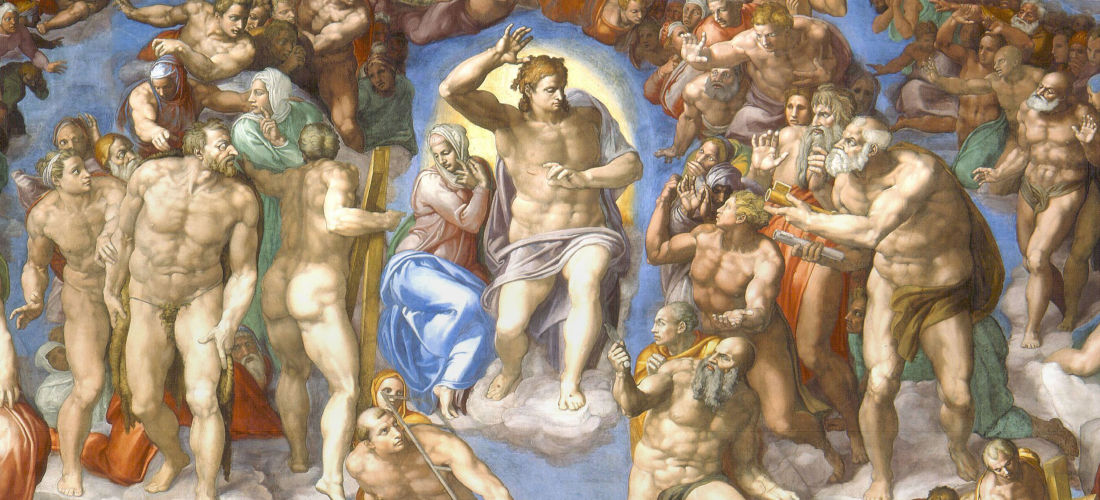Understanding Sin, Morality, and the Spiritual Journey
1. The Origin of Moral Judgments
People often insist on what is sin or evil, right or wrong, moral or immoral—but where do these views come from?
Historically, those in power have imposed their views on others, often backed by societal support. At times, this has led to extreme consequences, including ex-communication or even execution. Such instances show how morality can be weaponised when it is rooted in control rather than spiritual truth.
2. The Heart of Jesus’ Teaching
Jesus focuses not on external actions alone, but on the condition of the heart—loving God and loving others as ourselves. This can be confronting, especially when personal desires take precedence. The burden of the Cross involves self-denial and a yielding of body and soul to a higher spiritual order.
3. Watchman Nee on the Human Condition
Watchman Nee described humanity as either separated from God, where the Spirit does not influence the inner person, or born again, where a person cooperates with God. In this spiritual rebirth, the journey begins to distinguish between body, soul, and spirit—with the spirit ideally taking the lead.
This isn’t about imbalance but an integrated wholeness, where God is at the centre and the spirit leads, supported by soul and body.
4. Higher Morality Replaces Lower Battles
As we grow in relationship with God, higher morality takes care of many lower-level moral questions. Without that relationship, people form views based solely on the flesh—driven by body and soul—which leads to confusion and division.
The absence of this higher moral compass creates multiple, conflicting moral systems, as humanity has long tried (and failed) to define sin in precise terms. These definitions shift with culture, leading to never-ending debates and errors.
5. God’s Standard, Not Ours
According to the Gospels, when a person truly loves God, they naturally avoid sinful behaviours—not by rule-following, but by spiritual alignment. God’s nature and morality cannot be defined by human terms alone. Instead, He reveals what we need to know, in ways tailored to our state and time.
Problems arise when people judge by their own standards. Such judgments often rely on tools of the flesh—threats, exclusion, pride—rather than the conviction of the Holy Spirit. Humans often usurp God’s role, judging with arrogance rather than spiritual discernment.
6. The Problem of Religious Pretence
We sometimes witness people pretending to be holy, yet they resist genuine spiritual progress in others. This creates a hierarchy where spiritual maturity is reserved for the elite, discouraging others from their own journey in Christ.
But Scripture reminds us that all believers are baptized into the same water, blood, and Spirit. Through confession of Christ, faith in His sacrifice, and receiving the Holy Spirit, we are unified in Him.
7. The Lifelong Spiritual Journey
Spiritual growth is a lifelong process, not something to be seized by force. Jesus knows who belongs to Him; this eternal bond with the Word of God transcends all worldly definitions.
When we are born of the Spirit, we begin to see a higher morality—one that surpasses human inclinations. This new morality must be nurtured, or we risk reverting to lower, flawed values.
8. Living from the Spirit
Though we are spiritual beings, we often live under the control of body and soul. Growth requires allowing the spirit to lead, and prioritising eternal values. If we neglect this, we drift into moral confusion.
Separation from God is a moral failure in itself. We cannot save ourselves. True salvation begins when we turn to God, usually in moments of crisis. If we ignore His standard, we live under false assumptions of right and wrong.
9. Redefining Sin Without God
Many redefine sin based on culture or preference, but only God defines sin, and only His Spirit convicts with power to redeem. Without that, moral arguments remain shallow and divisive.
We cannot grasp the full nature of sin, but Christ has overcome it. He alone understands its extent and impact.
Men often fail to build a lasting understanding of morality, falling back on worldly tactics to define right and wrong. Even within the Christian world, we still battle through confusion to seek truth.
10. Strength in Meekness
True spiritual strength is not found in dominance but in meekness. Those who have carried the Cross walk in peace and humility, free of pride or self-defence. These are the lives marked by authenticity and closeness to God, from which abundance flows.
11. Examining the Foundation of Our Beliefs
If we build beliefs and actions from a lower perspective—one dominated by body and soul—we miss the requirement of building from the higher spiritual position. This calls for self-examination: What beliefs do we hold that are based on weak foundations?
Spiritual development is ongoing. Without it, we become rigid or vulnerable to regression. The spirit requires nourishment—found through reading Scripture, fellowship, prayer, learning from others, and looking to Jesus, who is with us by His Spirit.
12. Trials and Transformation
As we grow through the Word of God—Christ Himself—we face trials that develop character and refine our moral strength. These experiences strengthen our inner being, validating our discipleship and identity in Jesus.
This transformation frees us from sin and bondage, breaking impossible burdens that once enslaved us. In this state, we experience freedom from sin, not by obsessively defining it, but by living apart from its grip.
Even when we fail to understand our own behaviour—doing what we don’t want to do—there is always a way forward. Christ provides the path through our loss, tragedy, or confusion, bringing light where there was once darkness.




